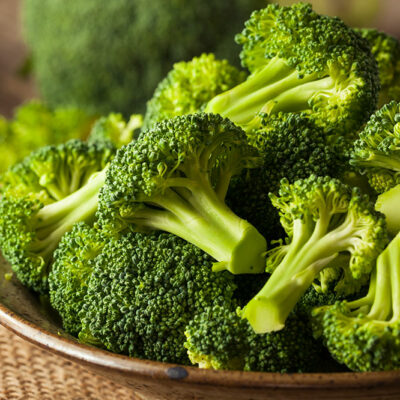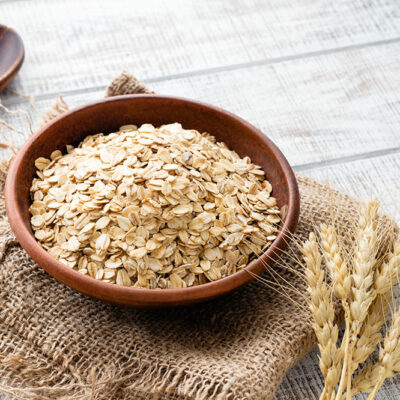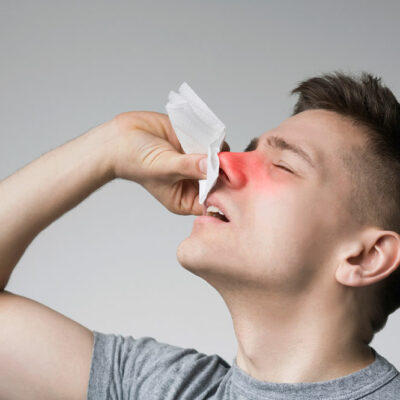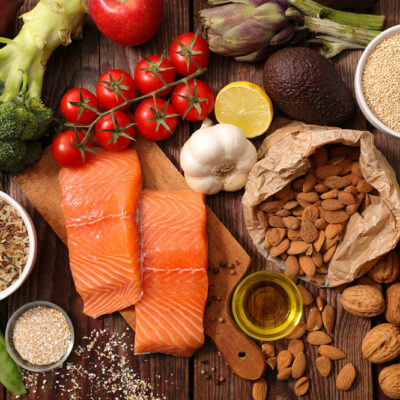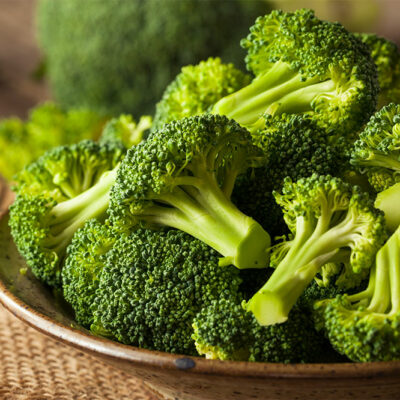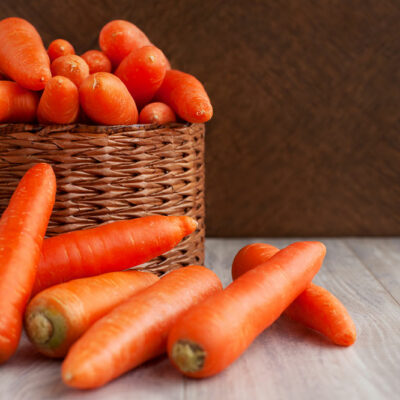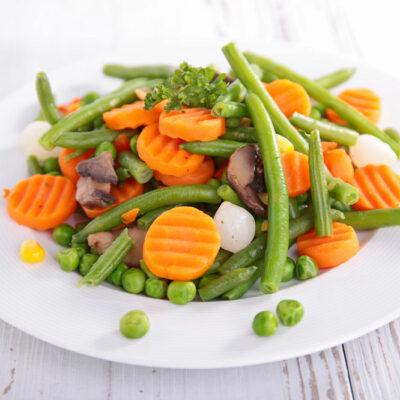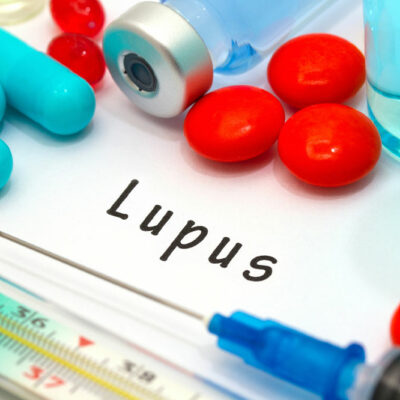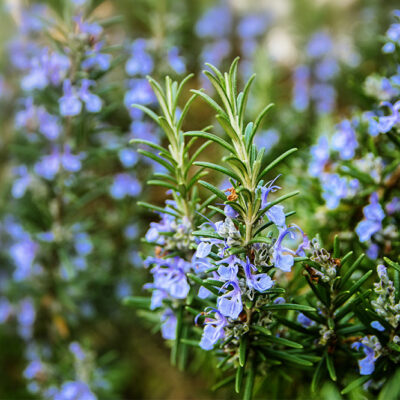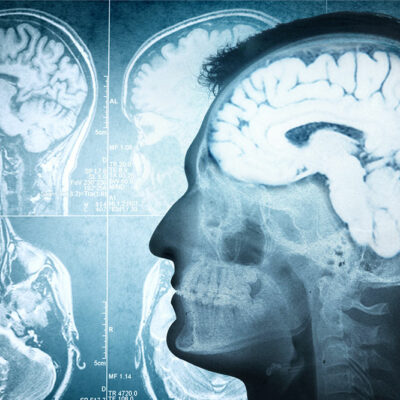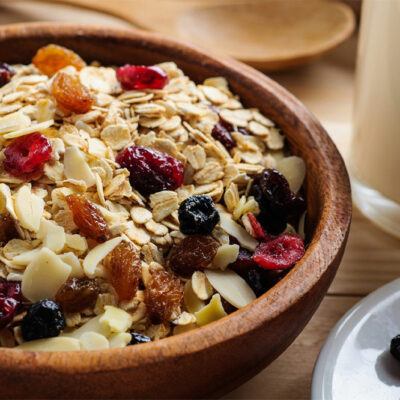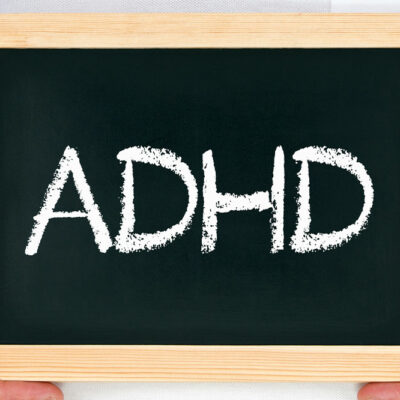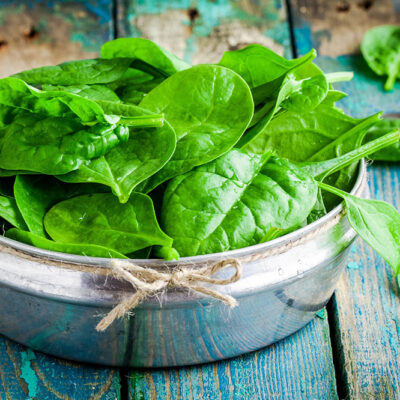
health
Foods to Relieve Migraine Symptoms
The effects of migraines can be super-sensitive to the food you eat or drink. So it is crucial to eat the right foods. Certain foods contain vitamins, minerals, and other nutrients that reduce symptoms of migraines, strengthening the immune system for your wellbeing. However, it is important to know which foods contain the right amount of nutrition. We also recommended speaking to a doctor before making any changes to your nutrition or trying any medications. Foods for migraines Here are a few foods you should consider adding to your daily meals. Fruits Certain fruits that are rich in potassium and magnesium are known to ward off migraine symptoms. Banana, for example, is rich in B vitamins, magnesium, potassium, and other complex carbohydrates. Fruits rich in water are also useful to fight migraines. These include apricots, bananas, figs, melons, honeydew, cantaloupe, and others. Whole grains Whole grains are super effective when it comes to preventing migraine attacks. Some of them are barley, buckwheat, quinoa, bulgur, whole oats, and whole-grain bread. They are rich in carbohydrates and increase glycogen levels in the brain. Such low blood sugar levels can reduce headaches. Ginger Ginger is known to have several medicinal properties that complement your wellbeing.
